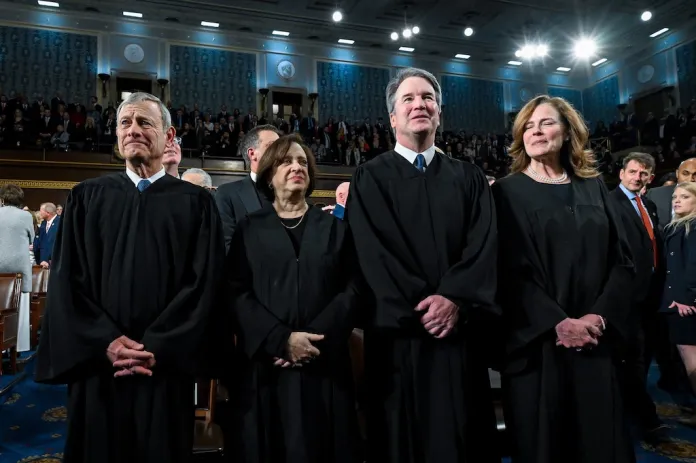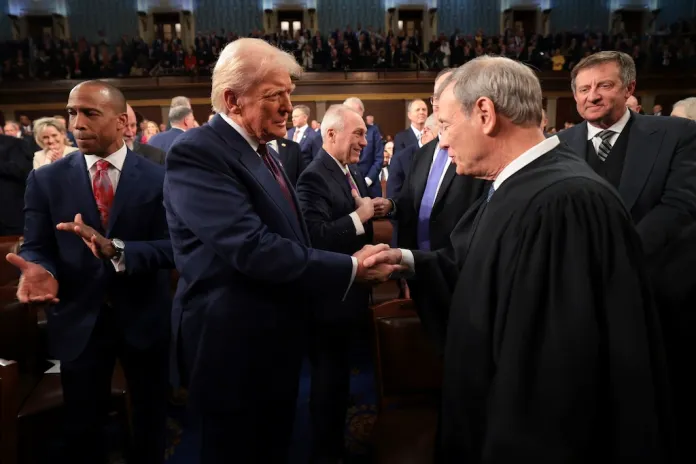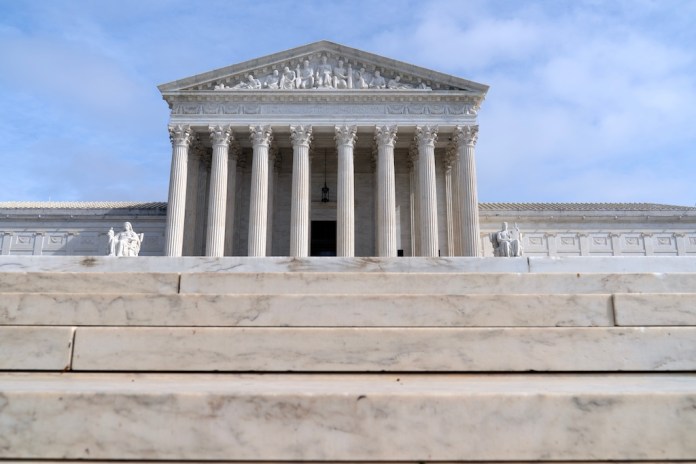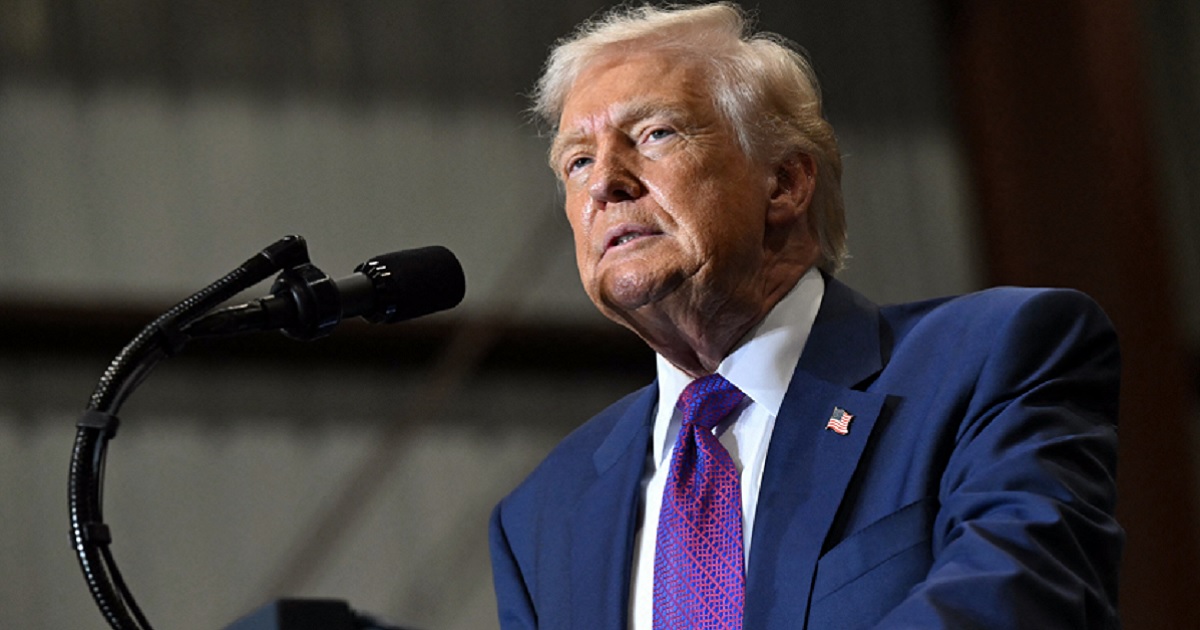Supreme Court declines to take up challenge over prayer at high school football game
The Supreme Court declined to review the case *Cambridge Christian School v. Florida High School Athletic Association*, which involved a Christian high school’s request to say a pregame prayer over a stadium loudspeaker at a state football championship. The Florida High School athletic Association denied the request to avoid appearing to endorse religion. the school sued on religious liberty grounds but lost in lower courts. The Supreme Court’s refusal to take the case disappointed religious liberty advocates,though they vow to continue pursuing such issues. The court did not provide an clarification for the denial. Recently, the Supreme Court has ruled favorably on othre religious liberty matters, such as allowing parents to opt children out of LGBT materials and supporting a football coach fired for postgame prayers. Additionally,the order list included other petitions denied and one case the court agreed to review concerning policies restricting asylum seekers at the U.S.border.
Supreme Court declines to take up challenge over prayer at high school football game
The Supreme Court rejected a petition on Monday to review a religious liberty case involving a Christian high school that wanted to say a pregame prayer over a loudspeaker at a football game.
The high court rejected the petition in Cambridge Christian School v. Florida High School Athletic Association in its orders list released Monday. The list includes many rejected petitions and one case that it agreed to review.
The dispute in Cambridge Christian School stems from the FHSAA denying the high school’s request to use the stadium loudspeaker to hold a brief prayer before a 2015 state high school football championship. The FHSAA, a state entity, denied the request because it was concerned about appearing to endorse or sponsor a religion. The high school sued on religious liberty grounds, but was unsuccessful at both the federal district court and the federal appeals court, ultimately bringing the case to the Supreme Court.
First Liberty Institute, a religious liberty legal group backing the high school in the lawsuit, expressed its disappointment in the Supreme Court’s decision not to take up the case but vowed to continue bringing religious liberty cases to the high court.
“The 11th Circuit’s decision to label the prayer as government speech abandons the foundational promises of the First Amendment that are meant to guarantee individual freedom,” Jeremy Dys, senior counsel at First Liberty Institute, said on Monday. “We are disappointed in the court’s decision, but will continue to work for the religious freedom of every student in every school across the nation.”
The Supreme Court has handed religious liberty advocates several wins in recent years, including allowing parents to opt their children out of LGBT books and materials at schools with its June ruling in Mahmoud v. Taylor. In 2022, the high court sided with a high school football coach who was fired over his postgame prayers on the field. The justices did not elaborate on their decision to deny the petition in Cambridge Christian School.
The only denied petition in Monday’s orders list that drew a written dissent was the decision not to take up Hutson v. United States. Justice Samuel Alito, joined by Justice Clarence Thomas, said he would have taken up the appeal over a lower court order to create a new facility for inmates with mental health problems.
“I would have granted certiorari to terminate the longstanding and unlawful prison-building order at the center of this case,” Alito wrote.
Alito also said the U.S. Court of Appeals for the 5th Circuit erred by placing “the burden on the party supporting the injunction — not the party seeking termination” of the order that mandated the creation of the new facility.
“That gets the inquiry backwards. It was not the sheriff’s burden to provide a basis for termination; it was the opposing parties’ burden to show a basis for maintaining the injunction,” Alito said.
SUPREME COURT TO REVIEW LEGALITY OF ‘METERING’ POLICY FOR ASYLUM-SEEKERS AT BORDER
Justice Neil Gorsuch also said he would have granted review of the petition, but did not join Alito’s written dissent of the decision.
The lone case the Supreme Court granted review in its Monday order list centers on the dormant “metering” border policy of blocking asylum-seekers from reaching U.S. soil to make their claims during migrant surges at the border.
" Conservative News Daily does not always share or support the views and opinions expressed here; they are just those of the writer."




